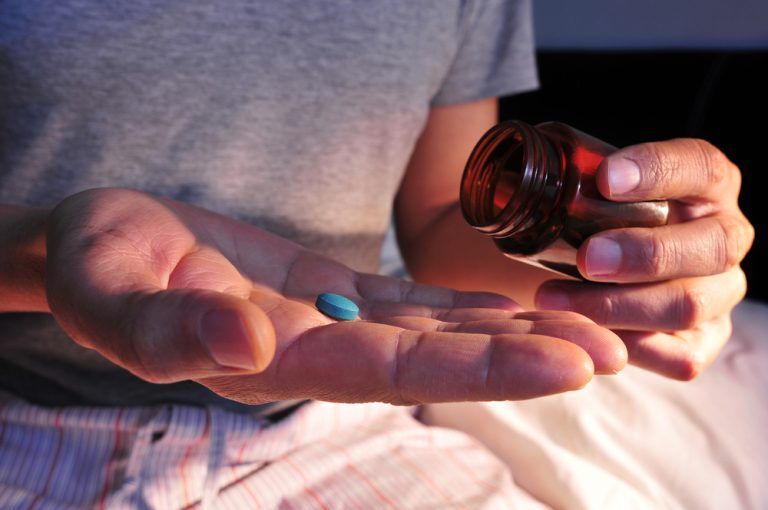Understanding Steroids
Advance Minds Blog
A safe space to explore subjects within the community such as mental health, substance abuse and personal identity.
Our safe space also provides the opportunity for real individuals to express their hardships and success through writing.
Understanding Steroids: Risks, Benefits, and Safe Use

Understanding Steroids: Risks, Benefits, and Safe Use
Steroids, particularly anabolic steroids, are often associated with bodybuilding, sports performance, and rapid physical transformation. While they have legitimate medical uses, the misuse of steroids can lead to severe health risks and long-term consequences. Here’s a breakdown of the key facts about steroids, their effects, and how to make informed choices.
1. What Are Steroids?
- Definition: Steroids are synthetic substances that mimic hormones naturally produced in the body, such as testosterone.
- Types of Steroids:
- Anabolic-androgenic steroids (AAS): Promote muscle growth and enhance performance.
- Corticosteroids: Used medically to reduce inflammation and treat conditions like asthma or autoimmune diseases.
- Forms: Steroids can be taken orally, injected, or applied as creams or gels.
2. Medical Uses of Steroids
- Corticosteroids:
- Treat conditions such as arthritis, asthma, allergies, and skin conditions.
- Reduce inflammation and suppress the immune system in certain diseases.
- Anabolic steroids:
- Prescribed for muscle-wasting diseases (like cancer or HIV).
- Used for delayed puberty or hormone deficiencies.
3. Non-Medical Use of Steroids
- Performance enhancement: Athletes and bodybuilders use anabolic steroids to increase muscle mass, strength, and endurance.
- Cosmetic reasons: Some individuals use steroids to achieve a more muscular or toned appearance quickly.
- Recreational use: Steroids are sometimes misused in competitive sports or by individuals chasing societal ideals of fitness and body image.
4. Short-Term Effects of Steroid Use
- Positive effects:
- Rapid muscle growth and increased strength.
- Reduced recovery time after workouts.
- Improved stamina and performance in the short term.
- Negative effects:
- Acne and oily skin.
- Mood swings, irritability, and aggression ("roid rage").
- Fluid retention and swelling.
5. Long-Term Risks of Steroid Abuse
- Physical health risks:
- Cardiovascular problems: Increased risk of heart attacks, high blood pressure, and cholesterol imbalance.
- Liver damage: Oral steroids can be toxic to the liver.
- Hormonal imbalances: Men may experience shrunken testicles, reduced sperm count, and breast enlargement. Women may develop facial hair, deepened voices, and irregular menstrual cycles.
- Stunted growth: In teenagers, steroid use can prematurely stop growth.
- Psychological risks:
- Dependence and withdrawal symptoms.
- Increased risk of anxiety, depression, and paranoia.
6. Signs of Steroid Abuse
- Dramatic increases in muscle mass.
- Aggressive or erratic behavior.
- Visible acne and stretch marks.
- Needle marks or frequent use of pills or gels.
- Secretive behavior or avoiding discussions about fitness routines.
7. Steroids and Addiction
- Dependence risk:
- Prolonged use can lead to physical and psychological dependence.
- Users may experience withdrawal symptoms such as fatigue, mood swings, and reduced appetite when stopping.
- Addiction signs:
- Continuing use despite negative health effects.
- Spending excessive time or money acquiring steroids.
8. Alternatives to Steroid Use
- Natural muscle-building methods:
- Focus on a balanced diet with adequate protein and calories.
- Engage in regular strength training and progressive overload.
- Ensure proper rest and recovery for muscle growth.
- Supplements:
- Use legal and safe supplements like whey protein, creatine, and branched-chain amino acids (BCAAs).
- Professional guidance:
- Work with fitness trainers or nutritionists to create tailored exercise and nutrition plans.
9. Safe Use of Steroids (If Prescribed)
- Medical supervision: Always use steroids under the guidance of a healthcare professional.
- Follow dosage instructions: Avoid exceeding prescribed doses or using steroids for extended periods.
- Monitor side effects: Report any unusual symptoms to your doctor immediately.
10. How to Seek Help for Steroid Abuse
- Recognize the problem: Acknowledge the physical and psychological consequences of misuse.
- Consult a healthcare professional: Seek guidance from doctors specializing in addiction or endocrinology.
- Therapy and counseling: Behavioral therapy can address underlying issues driving steroid misuse.
- Support groups: Connect with others in recovery through organizations like Narcotics Anonymous (NA) or steroid-specific support groups.
Final Thoughts
While steroids can offer short-term benefits for muscle growth and performance, their misuse carries significant risks that can harm physical and mental health. If you or someone you know is using steroids non-medically, understanding the dangers and seeking help can lead to a healthier and more sustainable approach to fitness and well-being. Always prioritize long-term health over temporary gains.
















